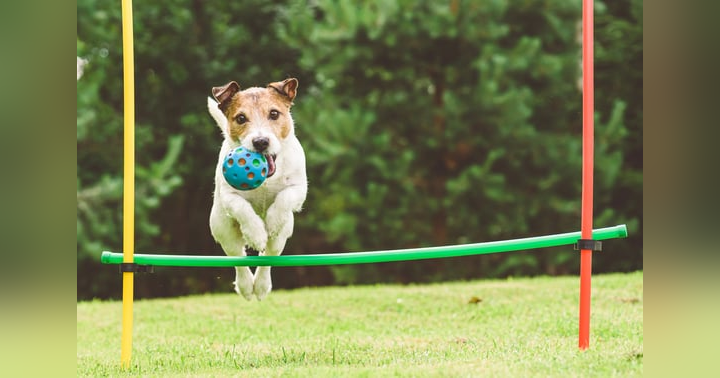New Puppy Schedule

Getting a new puppy is very exciting and also a lot of hard work. Maintaining and adjusting the puppies schedule so they become a well behaved and balanced adult dog is basically a part time job.
There are so many details to talk about when getting a new puppy, I certainly cannot outline them all in one article. I am currently working with 14 different puppies ages 12 weeks to 1 year old, with the majority being 3-6 months old, so I get a chance to see on the front line what issues the owners are having with there puppies.
The number one problem I see owners make when they get a new puppy is lack of structure and no schedule for the puppy. Without these you are setting yourself, the family, and the dog up for many disasters and the ability for your new puppy to literally terrorize your house and everyone who lives there.
The most common issue I get asked about is potty training the puppy. Puppies need to go out for potty at least 8-12 times a day, some even more. If your puppy is still having accidents in the house, even on occasion, then they are not 100% potty trained and work still needs to be done.
BONUS TIP: Use a crate to help teach your dog how to go potty outside and not in the house.
On a side note, when reviewing the outlined general schedule below, keep in mind that puppies do not need as much affection and attention as we think. Yes, they are cute and our natural urge is to be holding and playing with the puppy all day long. This is not only a horrible idea, but does not create a balanced and stable dog. See this article Requirements for Creating a Balanced Dog and notice that affection is at the bottom, after exercise, obedience training, socialization, and mental stimulation.
I have consulted owners with adult dogs ages 2-10 years old that have serious behavior problems that could have been prevented by setting the dogs life up for success from the beginning. Start implementing your new puppy schedule right away and stick to it.
POTTY TRAINING YOUR PUPPY
Be ready to take your puppy out for potty after the following:
- First thing in the morning
- Immediately after all meals
- Immediately after waking up from a nap
- After playing excessively
- After coming out of the crate
TRAINING TIP
When you take your dog out for potty, encourage them to go on grass, not the sidewalk or any other hard surfaces. You want to train your dog that the feel and texture of the grass and soil is the place for them to go potty. Right after they go on grass, you need to praise them with excitement "Good girl!", or "Good boy!", to let them know that's the behavior you want.
NOTE: Do not scold them for going potty inside after the act. If you can catch them in the act, break their focus with a loud "NO!", and immediately take them outside.
NEW PUPPY SCHEDULE
This is a general schedule for puppies 3-6 months old, eating 3x/day, and the owner home or can come home for lunch.
7:00 am - Wake up, go out to walk and potty
7:15 am - Obedience training
7:30 am - Food and water
7:35 am - Go out to potty
7:45 am - Play time
8:00am-12pm - Crate
12:00 pm - Go out to walk and potty
12:15 pm - Food and water
12:20 pm - Go out for potty
12:30 pm - Play time or obedience training
1:00pm-5:00 pm - Crate
5:00pm - Go out to walk and potty
5:15pm - Food and water
5:20pm - Go out to potty
5:30pm - Obedience training
5:45pm - Play time outside on long lead
6:00-7:00 pm - Crate
7:00 pm - Go out for potty
7:15 pm - Obedience training
7:30 pm - Play time
7:45 pm - Affection time
8:00-10:00 pm - Crate
10:00 - Go out for potty
10:15 - Affection time, play time, or obedience training
10:30 - Go out for potty, then crate for the night
NOTE: Puppies need 16-18 hrs of sleep every day. If not crating, they need to be on a house line and close by you sleeping.

















